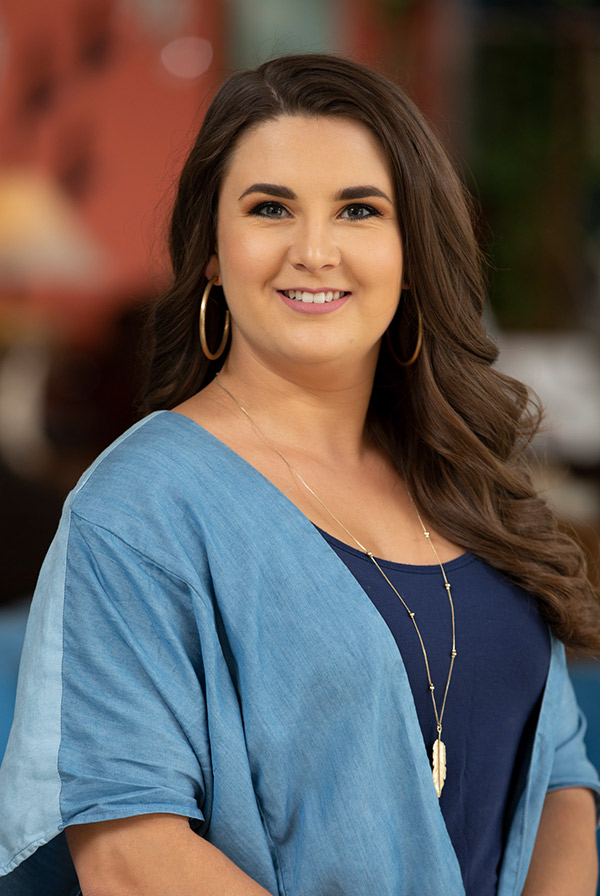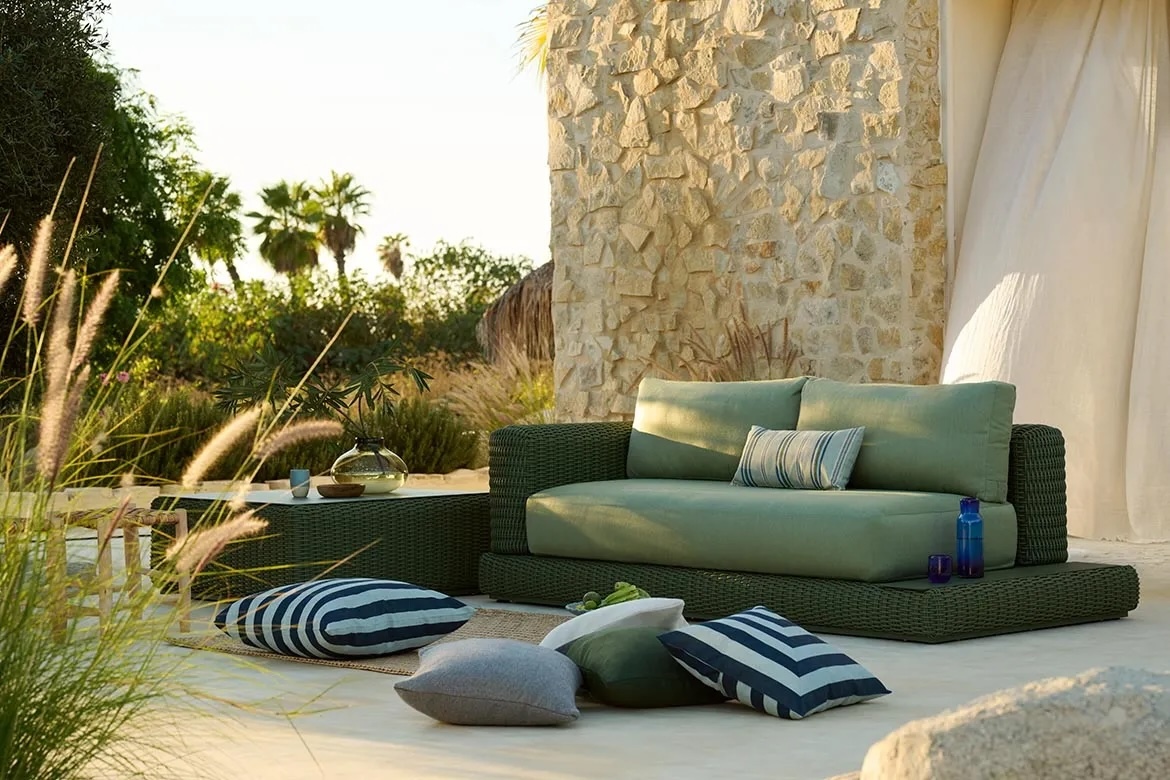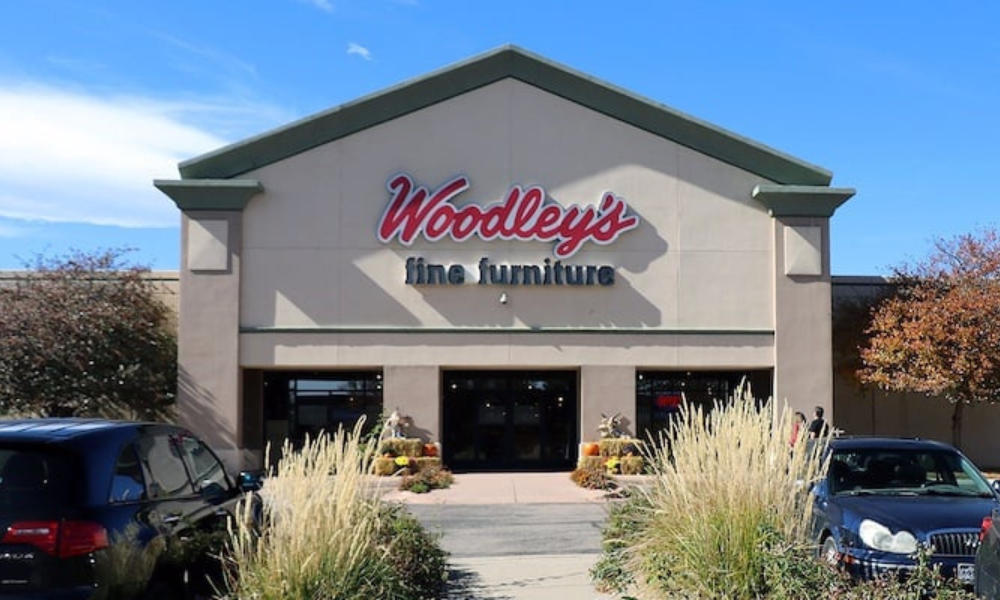As the first Casual Market held in Atlanta comes to an end, the industry has stepped into a new era — one where interior designers, full-line manufacturers and retailers and e-commerce brands are playing a bigger part in the industry than ever.
But there’s one thing that will draw the line between those who are in the category and those who own the category, and that’s dedication.
I recently received an email from an industry insider who was surprised by the number of full-line furniture stores that are not in the outdoor business. Compare this with the number of full-line manufacturers that have entered the industry over the past few years, such as Steve Silve, Bernhardt, Vanguard, Spectra Outdoor, Flexsteel and more.

While he is absolutely correct, there’s one reason I have found that many furniture stores don’t get into the category, and that’s because it requires full commitment.
Many full-line retailers don’t have the teams in place to bring outdoor product into their stores in a meaningful way — let alone learn the ins and outs of the complicated category. It’s not something retailers can simply dip their feet in. To be successful with outdoor, retailers have to be completely dedicated to it.
Talking to Tim Cimaglio, president and founder of Outdoor Interiors, at Casual Market, he says that if specialty retailers continue to differentiate themselves and create special value through service — including value-added services like custom fabric options — they will not have a problem thriving.
“There are so many things they can do that larger retailers can’t, but they have to make it a place that entertains people,” he says. “The atmosphere has to be there, and retailers have to put in more effort today than ever.”

Jim Sica, senior vice president of Foremost Groups, says that the most successful retailers understand the economy of scale, set up their floors to make good margins per square foot and commit to the product and sales help.
“People are buying outdoor furniture, so the need is there,” he explains. “But they need to focus on fashion and service to differentiate themselves.”
At the end of the day, Mark Osborne, vice president of sales for Mamagreen, adds that in the selling environment, we live in an experience-driven time.

“A lot of it is tied to the people and the product,” he says. “We’re losing this ability in the sales culture to speak to what makes a product unique and special. And I think that’s something that needs focus. I see that with my business partners. Those who are successful are passionate about the product and they tell a story, which is so important.”
He says casual specialty retail has taken a different shape and it hasn’t quite landed in any one spot yet.
The industry’s aging problem
However, Mark Bottemiller, national sales manager at Ebel, brings up something arguably more important than the store experience: the future of the stores themselves.
Many in the industry are aging out, and specialty stores that don’t have family in the industry or a succession plan may have to simply close their doors.
“Specialty has a real opportunity, but what we have to focus on is our expertise in the industry, and there’s a big learning curve and a lot of information to learn,” he says. “Those who can find, retain and train people in the field, they can be successful. But the biggest challenge we have isn’t the viability of specialty, it’s the fact that not a lot of young people want to do this because it’s a lot of work.”

Not to say that there aren’t young leaders in the industry — Jessica Salisbury of Village Green in Rockford, Illinois, is a great example of a young, energized industry insider, as is Jess Flanders of Lloyd Flanders, Leisa McCollister of O.W. Lee, Megan Pierson of Polywood, and so many more.
However, in retail, it’s a different story. Retail is tough, and for those that don’t have family or succession plans, there may not be many other options.
“It’s a huge issue in the industry,” says Bottemiller. “I know of three this year that decided to close. And there are many retailers out there who are tired, uninterested, don’t have children to take over or whatever else. That’s where the real danger of specialty is — how do we get younger people to understand that, yes, it’s a lot of work, but it’s also a lot of fun and it can be a very lucrative career? I don’t happen to be of the mindset that the millennial generation doesn’t like to work; every generation has said that about every generation behind them for ages.”
He adds that it’s not something people aspire to, and therefore the question of how we get more young people in the industry is still a big question mark.

However, talking with Olivia (Cox) Smith of Custom Casual Furniture in South Carolina — who is a younger person in the industry who has taken an interest in the family business and moved into an ownership position — she says one possible answer to recruiting and retaining young people is to show more of them how great our industry is.
She says that she wasn’t always planning to get into the retail business, but she came into the industry and saw how great the people and product are, and that changed everything.
Indeed, experience in the industry could be a large part of what helps bring young people in — try bringing them to markets or motivating them with the knowledge that if they work hard and dedicate themselves, they can make a lot of money.
Unfortunately, there’s no single answer to this million-dollar question, but it is a conversation the industry needs to have now. The question is only going to weigh heavier as time goes on. And if we wait 10 years, we’re destined to fail.








